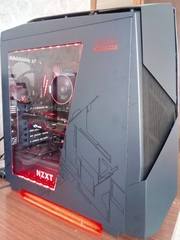-
Topics
-
3
-
3
-
0
-
bat_verified ·
Posted in New Builds and Planning1 -
7
-
2
-
3
-
drowninginmetal ·
Posted in New Builds and Planning1 -
1
-
2
-
-
play_circle_filled

Latest From Linus Tech Tips:
He Spent 3 YEARS Begging me for a PC. Good Luck Finding it!


.png.255947720031a641abdac78e663b681c.png)













Create an account or sign in to comment
You need to be a member in order to leave a comment
Create an account
Sign up for a new account in our community. It's easy!
Register a new accountSign in
Already have an account? Sign in here.
Sign In Now